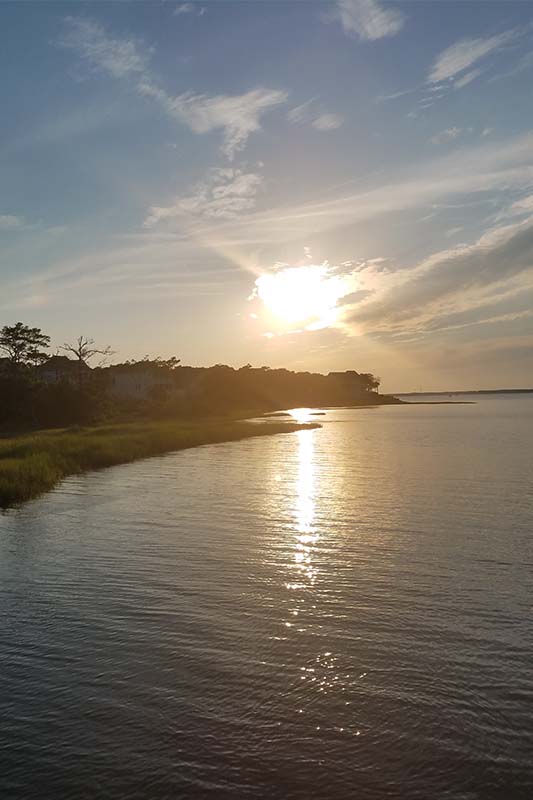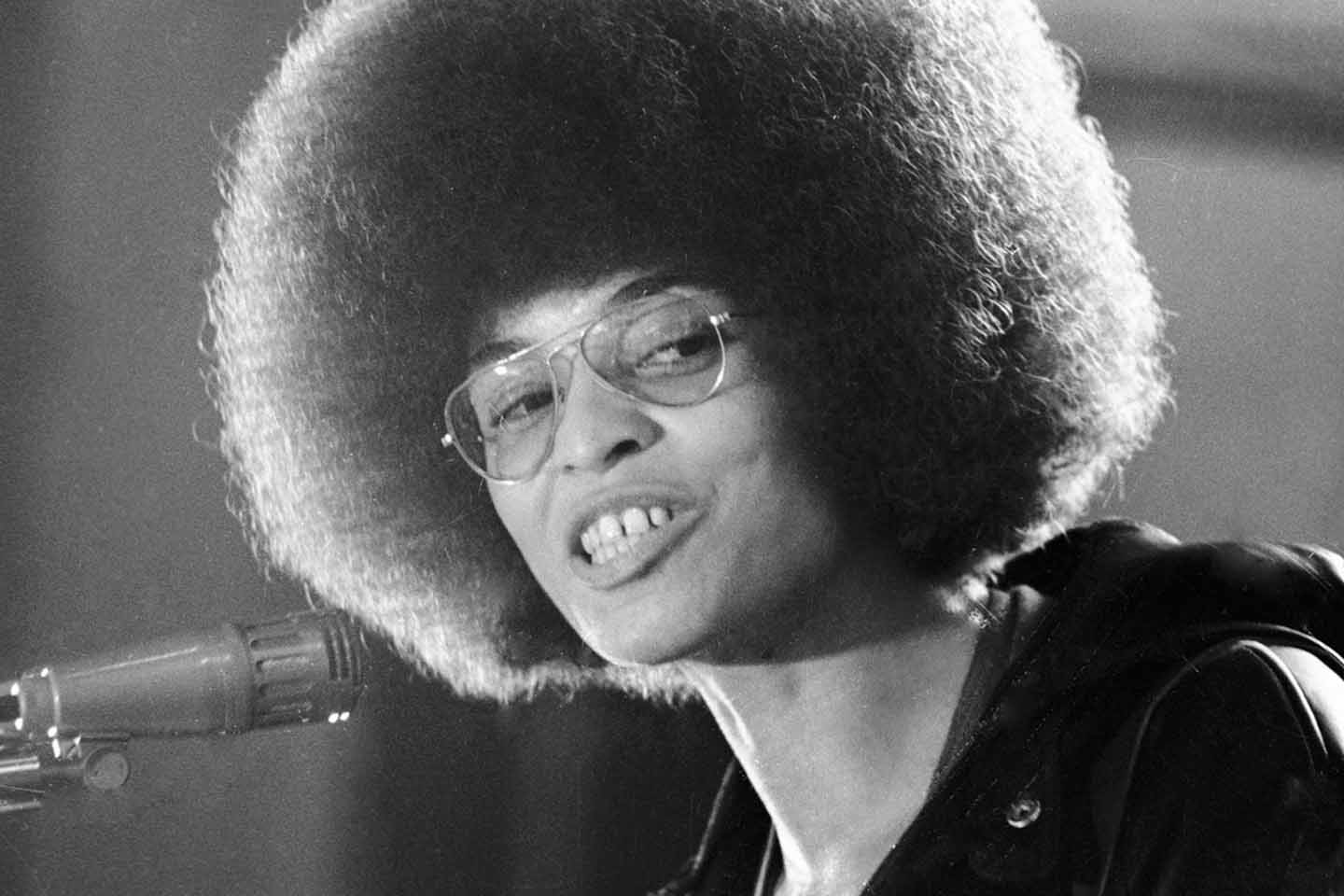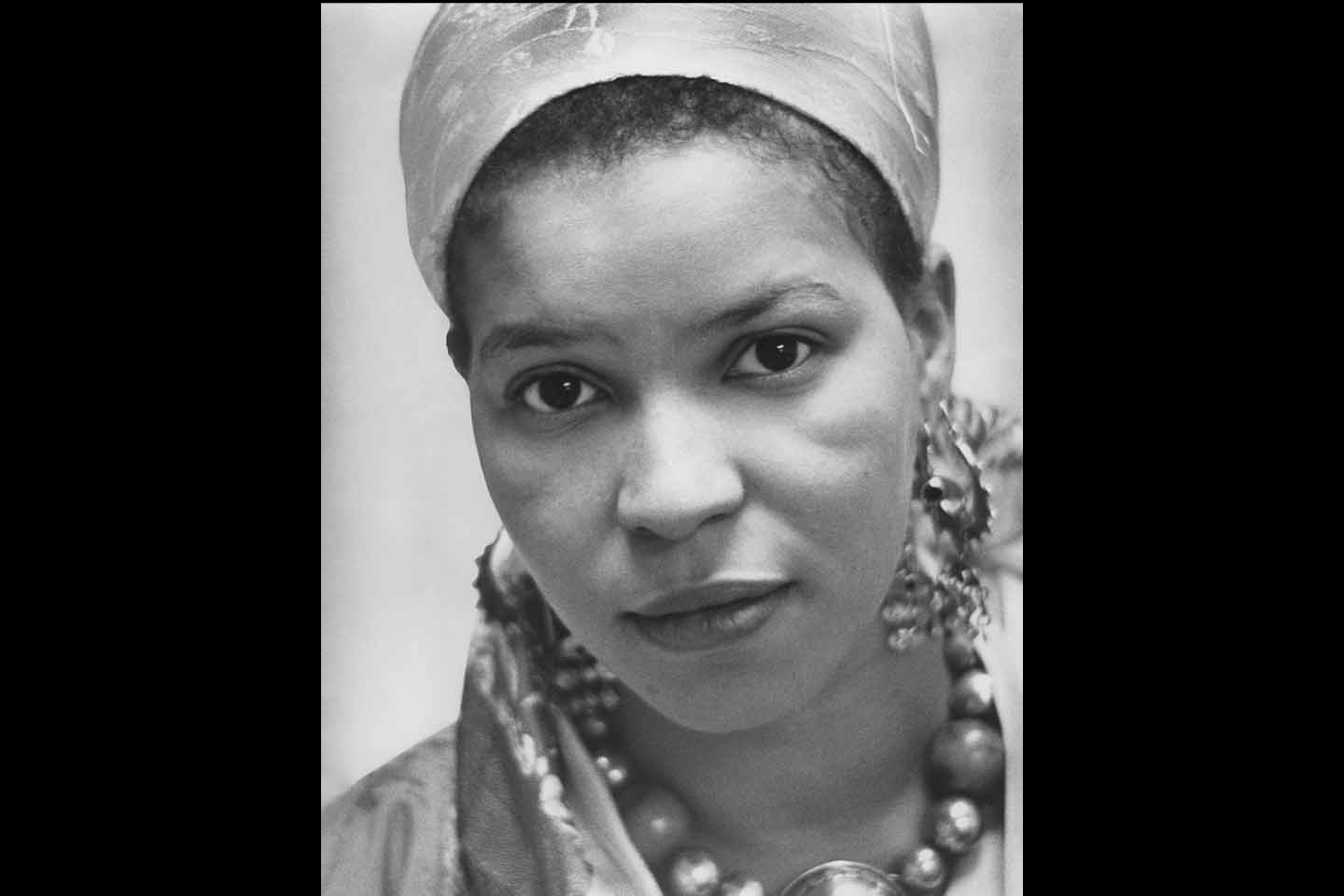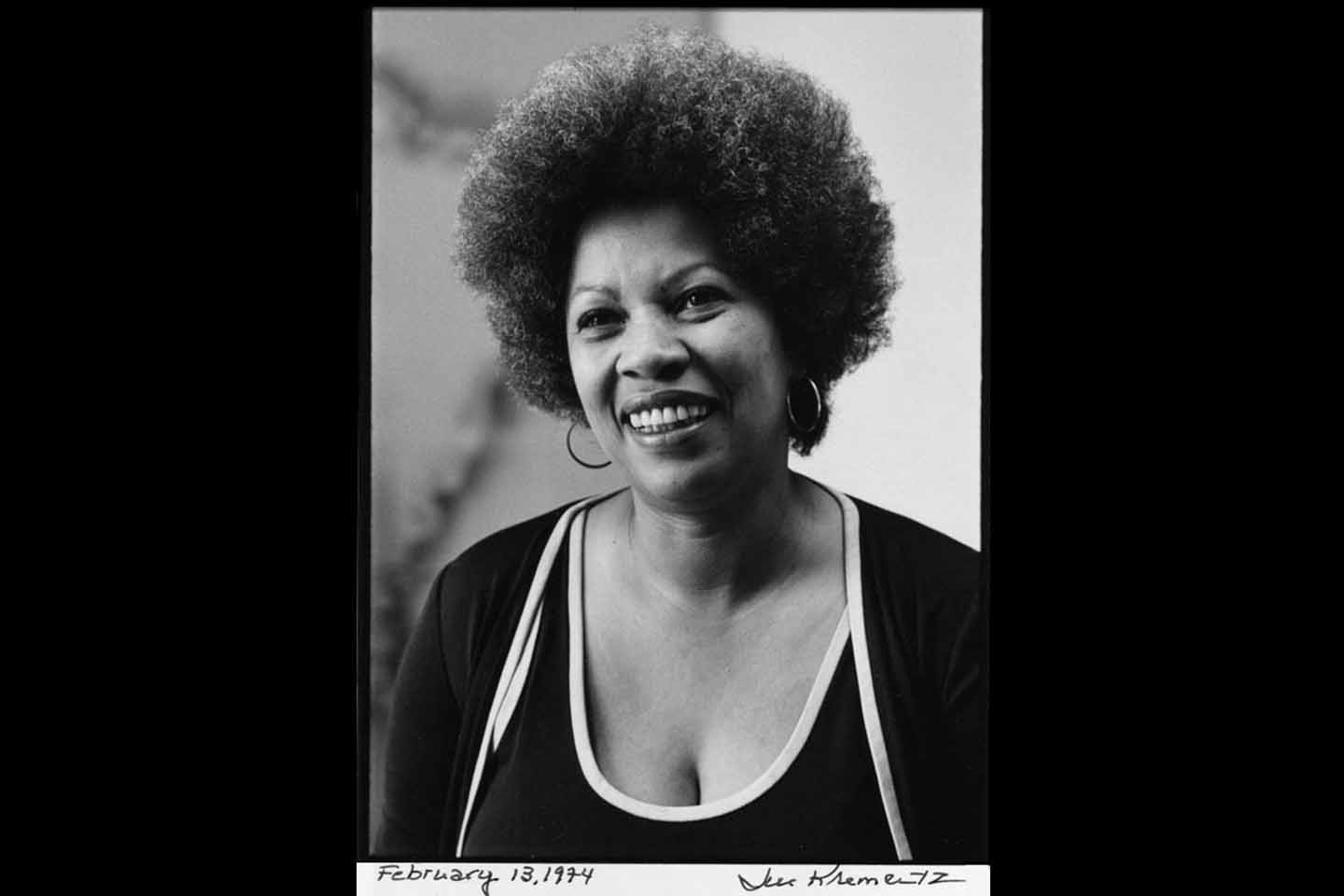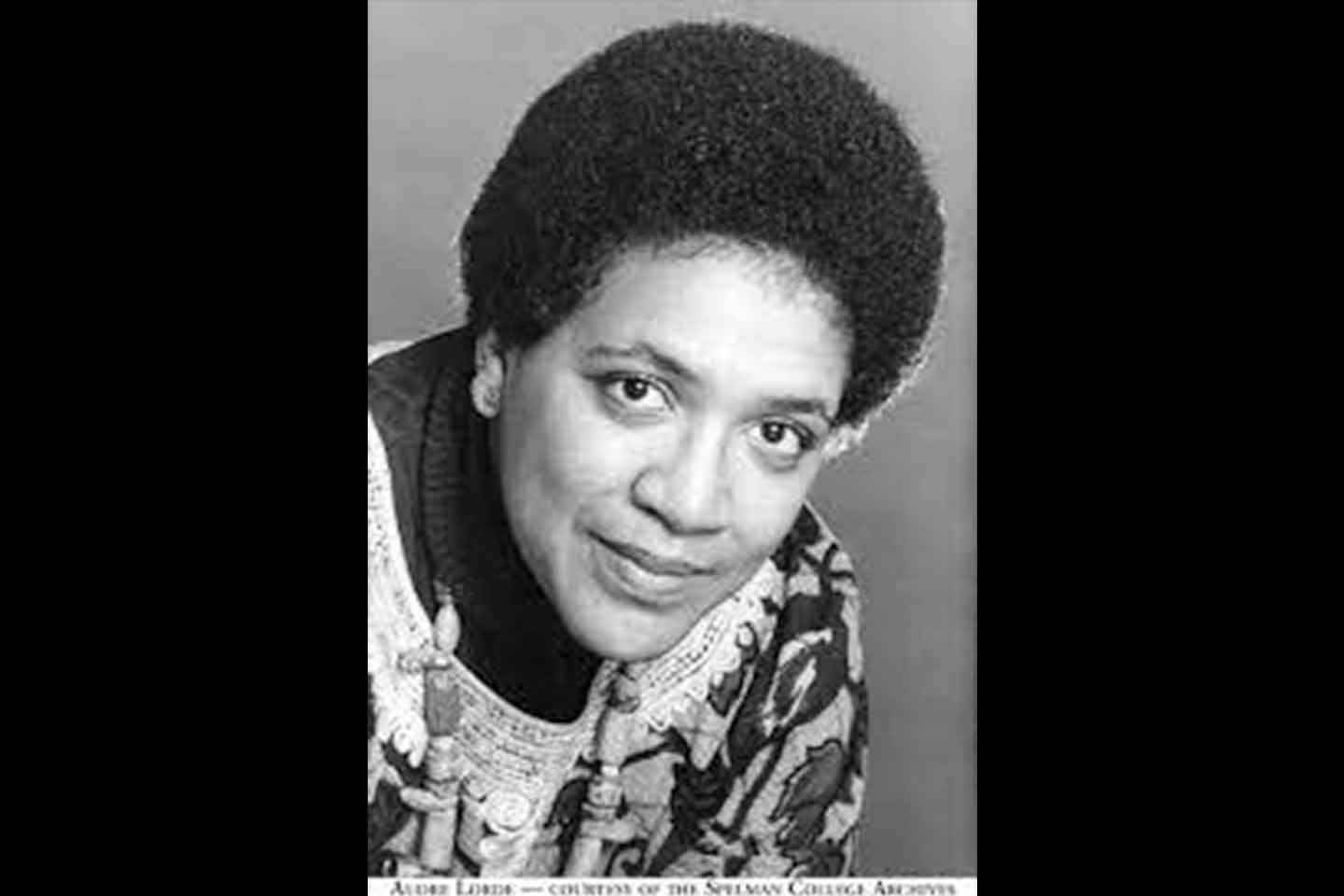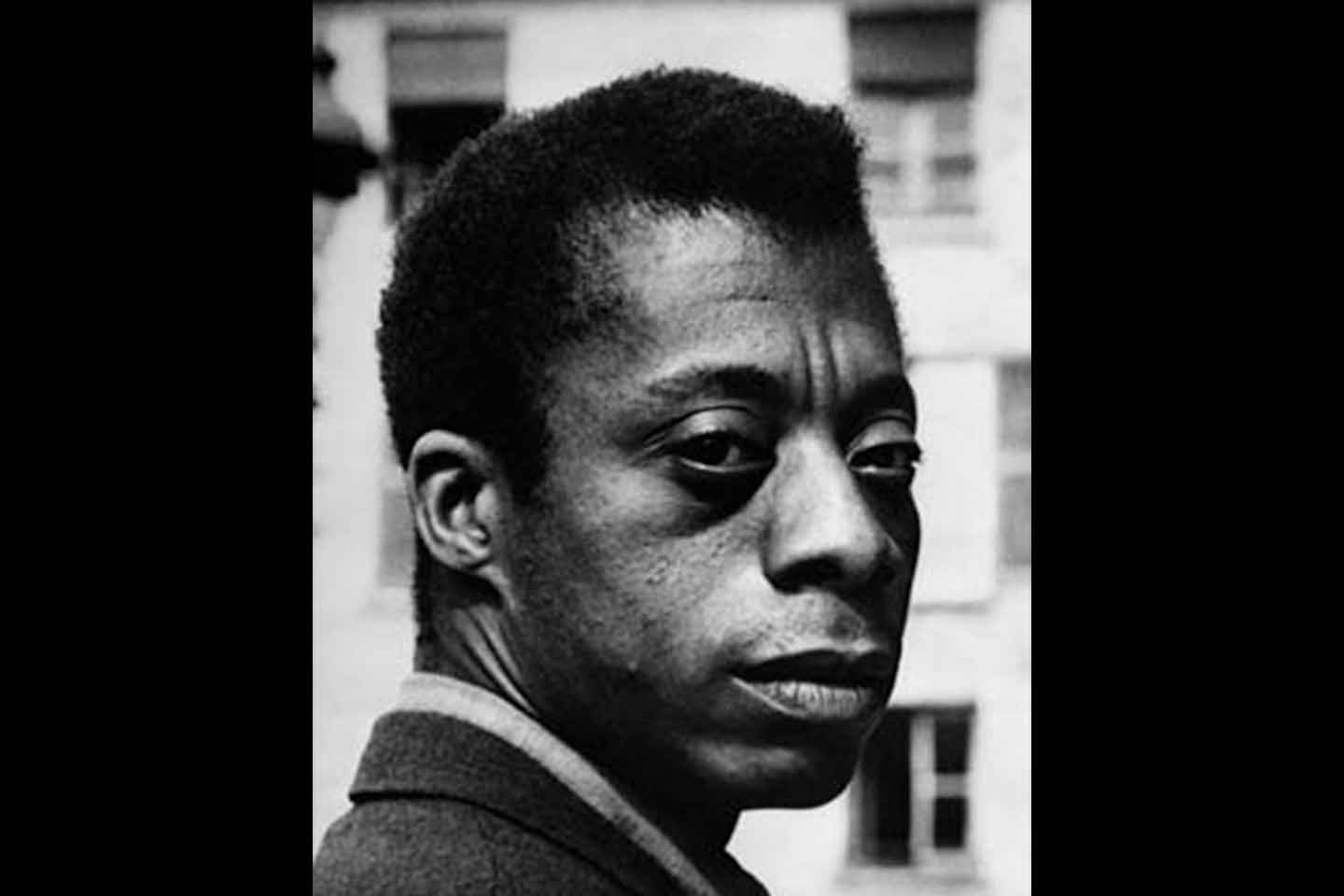I am because you are.
You are because I am.
About Me – Biography as Theology
Rev. Jacqueline Cantey Brett
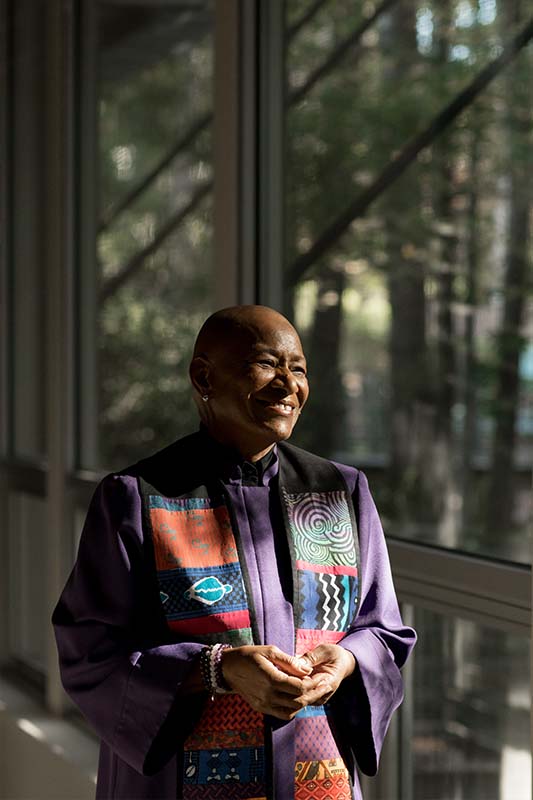
My spiritual center emanates from a womanist process theology where ultimate meaning is intentionally co-created at the intersection of being a queer Black woman who grew up poor in America, weaned on the notion of creative possibility as faith, as hope, as action.
Possibility saw my family, who came into being on America’s shores as enslaved people in South Carolina, become part of the Great Migration of African Americans who headed North fleeing Jim Crow racism and segregation during the mid-20th century, for possibilities in Brooklyn, New York. Though I was raised in government housing projects, my mother nonetheless imagined further possibilities for her daughters that had been unavailable to her and my father.
Great Migration by Jacob Lawrence; African American Great Migration Map; Tompkins Houses where I grew up
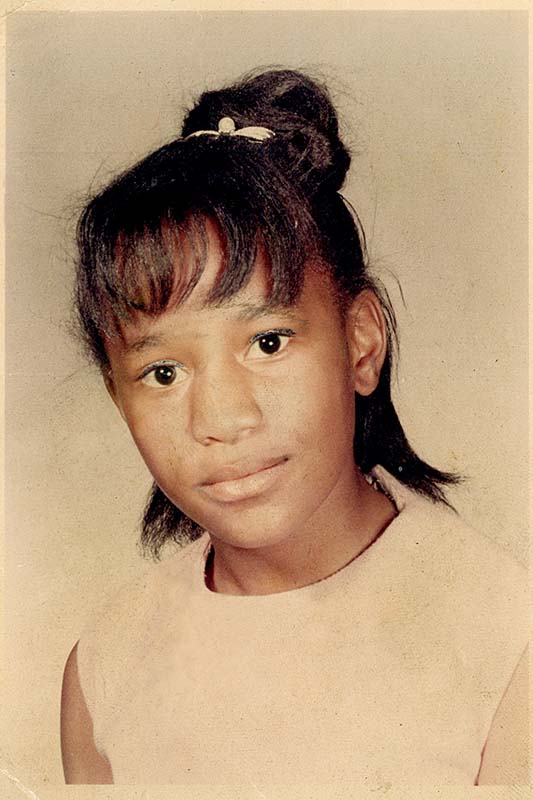
At a very young age I asked my mother the existential question humans have been asking since ancient times and that I believe children often wonder about: “Why are we here?” And perhaps because I was a Black girl who was already conscious of my joy and suffering, I also wanted to know, “Why did God make me?”
Every answer Mom gave I responded with, “But why?” until she finally said, “Girl, there are some things that are just not for us to know.” But I still wanted to know. In knowing, I somehow believed I would understand what to do about it. Because surely we were called to do something about the fact that we were all here.
At age seven I was among the first wave of Black children to desegregate schools in Brooklyn through voluntary busing — a controversial decision made by my mother, whose vision of possibility was met with consternation by family members and neighbors.
And because desegregating an all-white school in Brooklyn when you are seven is quite traumatizing, I not only had more questions for God about what I was called to do, it was coupled with a sense that I could possibly join in making the world beyond my small self better for more than just me. Later, as an adult when I first came upon Norman Rockwell’s iconic illustration of Ruby Bridges, my heart skipped a beat because it seemed as if I had fallen back in time and stumbled upon myself as a child. A copy of this image has hung in my home for years.
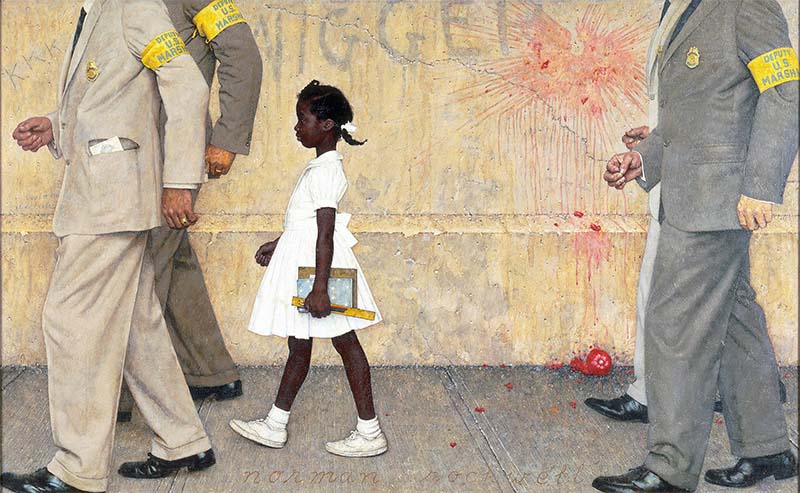
My “God Questions” about the life that I, my family, and most of the people I knew encountered, led me on a journey of lifelong spiritual seeker, travelling with a felt sense of that which is More beyond the racism and other oppressions we experienced. I also began to make sense of the world as I experienced it through the work of writers like Maya Angelou, Gwendolyn Brooks, James Baldwin, Nikki Giovanni, Audre Lorde, Toni Morrison, Ntozake Shange, and Alice Walker — who was the first to define “womanist” and I recognized myself immediately. And Angela Davis became my first shero.
I eventually came to understand that what I was ultimately seeking was not in some other existence, but a liberative healing sacredness that is Here and Now and also in All of the Universe. The only name I give it is Love, powerfully vibrating in all, among all, and through all. As Martin Luther King Jr once said, “Love without power is sentimental and anemic.” And because this powerful Love is alive within us, we can choose to co-create with it. And so it is this Love that necessarily called me into ministry.
Now that my mother’s daughters have grown into women we, despite all else, imagine fresh possibilities for our sons. Also, over the past two decades I and most of my maternal and paternal family members have been part of the Reverse Great Migration of African Americans back to the South. While the reasons for each of us are varied and sometimes complex, I appreciate both the resilient feel of the roots of my people here, as well as the painful and blatant pull of the unreconciled history this country struggles to address.
My favorite photo of my boys and me (years ago!); family reunion; Mom and Dad – 2003
Thus, my embrace of a womanist process theology of possibility, steeped in co-creative choice, interdependence and interconnection — which I’ve come to best understand through the South African philosophy of Ubuntu:
I am because you are. You are because I am.
This womanist process theology is the location from which I ask questions, offer stories, perspectives, and sources through the particularites of my experiences and relationship with self, the world – and yes, UU Principles. And the More within and beyond us all.
With dear friends Alexis and Sherrie; Lunch with Jean O’Barr & Angela Davis; At the Kumbh Mela in India
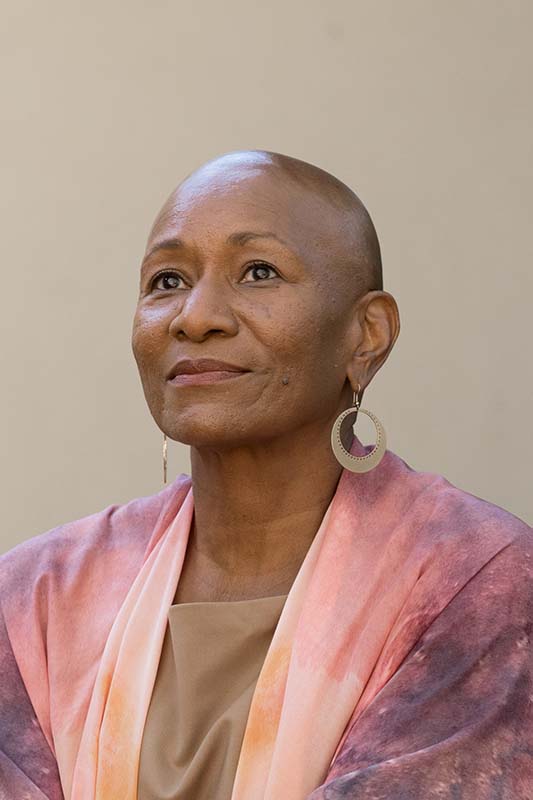
I easily preach about possibility more than anything else as it is an alive, tangible, realized entity for me. It is what I grab hold of when all seems lost. It is why I believe all is not truly lost, even in the face of wicked or dire circumstance.
It is theology that is open-hearted, community centered, necessarily brave, and undaunted in its invitation. It insists upon expansive seeing and deep listening to people and situations too many find it far easier to ignore.
Most importantly, it calls me to Love this world.
